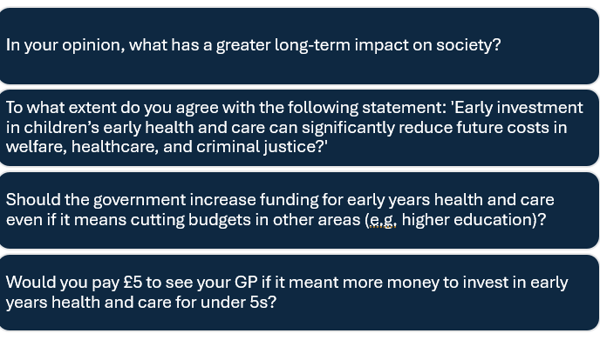
Your opinions on childcare funding [survey]
Take Survey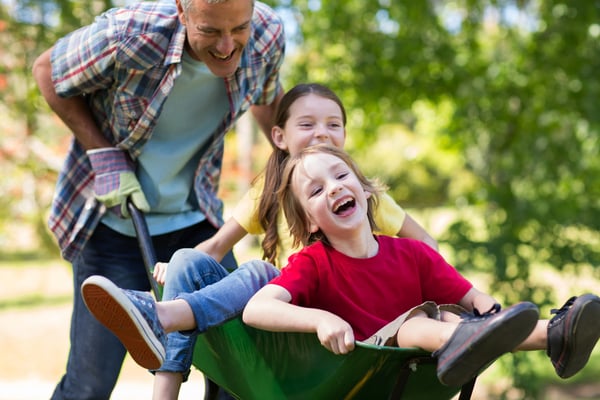
The Guardian - Children facing a ‘brutal’ loss of time and space for play at state schools
Children are facing a “brutal” loss of space and time for play in school, teachers, unions and academics have warned. A combination of factors is eating into the time children spend outside, and will have serious implications for their wellbeing and mental health.
Read More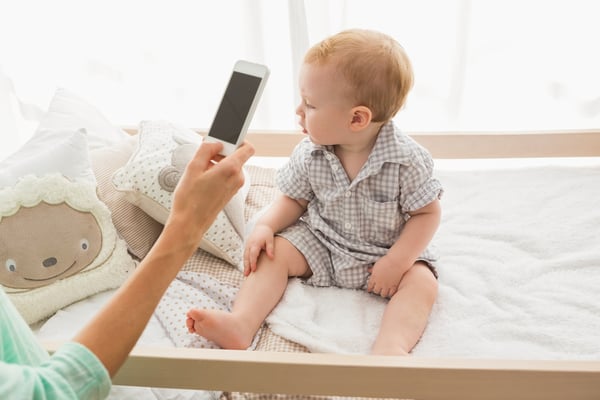
The Times - Los Angeles bans phones in schools
Teachers complain that pupils do not talk to each other during breaks because they are preoccupied with their phones. Mobile phones are to be banned from schools in Los Angeles because of concerns that they harm children’s mental health, hinder learning and fuel cyberbullying.
Read More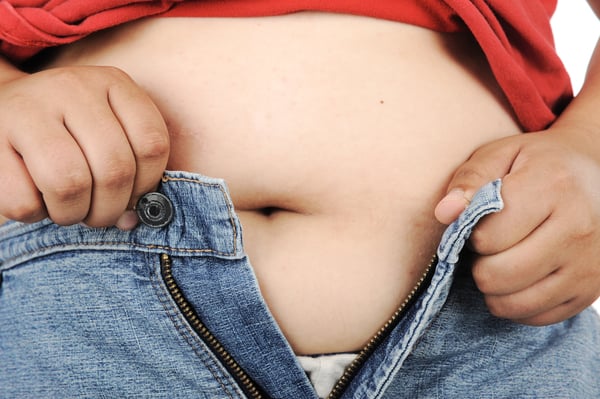
The Daily Mail - Children are getting SHORTER as well as fatter, with British boys bottom of the international height league - and experts fear junk food diets may have stunted a generations' growth
British children face a lifetime of poor health as junk food diets have stunted their growth and fuelled a rise in obesity and type-2 diabetes, a damning report warns. The Food Foundation says kids are growing up in an environment that makes feeding them healthily 'an almost impossibly difficult challenge'. It blames the 'aggressive promotion' of food that is high in fat, sugar and salt and 'shocking' levels of poverty that put healthier alternatives out of reach for some families.
Read More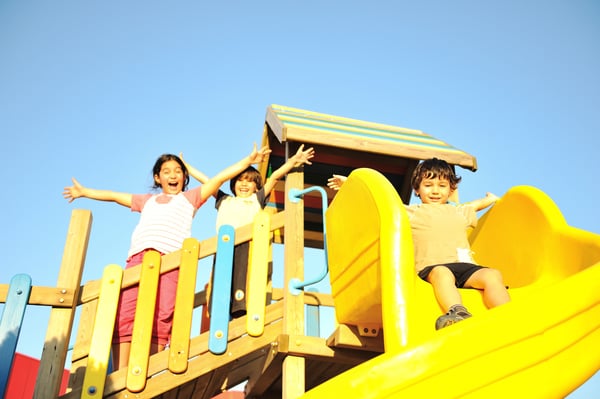
The Guardian - ‘We have to be all things to our children’: how a school made sure pupils had time to play
With a playground that measures just 800m2 and more than 400 children, there is no room for sports on the school grounds, so about a decade ago Jordan, headteacher at Fairlight, started practice at the park. It is just one of the ways that he, like other heads, is finding to cope with the issues many state schools are fighting; shortages of green space, shortages of staff and time, and shortages of cash.
Read More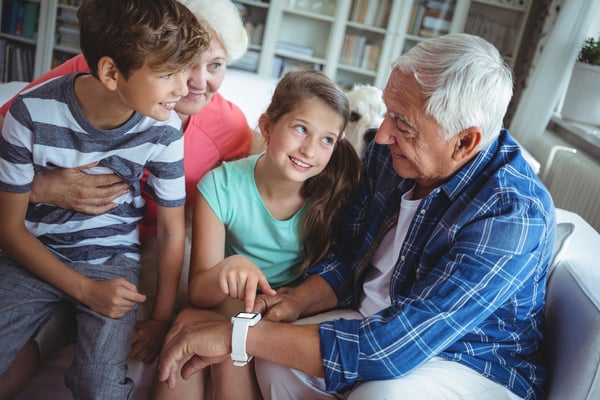
ITV News - 57% of parents with young children ‘rely on grandparents for childcare support’
More than half (57%) of parents with children aged under 13 rely on childcare support from at least one grandparent, a survey has found. This rises to more than seven in 10 (72%) of those living within 30 minutes of their child’s nearest grandparent, according to the research for property website Zoopla.
Read More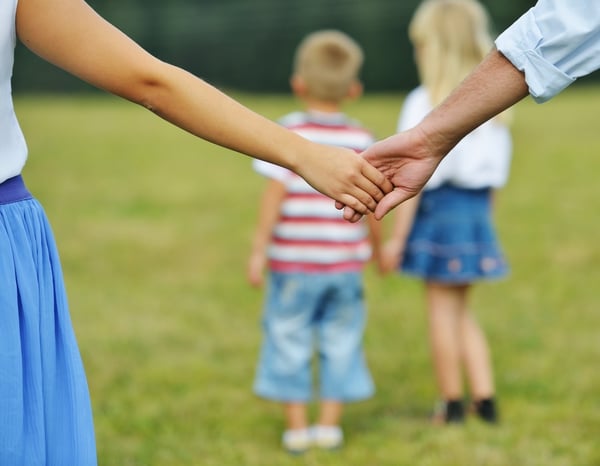
IFA Magazine - One fifth of working parents could only last a week without pay if their child fell ill or was injured
2% of parents could only last one week without pay; and the average parent could only last two months without pay· 9% simply can’t afford to take time off work for childcare needs, with 7% having to quit· This comes as over a quarter of working parents have no emergency childcare in place
Read More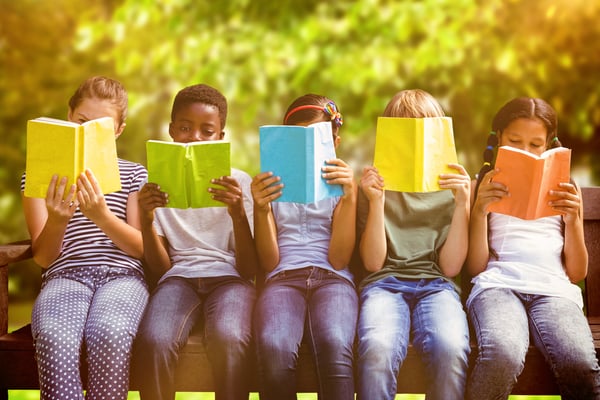
The Guardian - Poorer high-ability UK children fall behind peers at school from age of 11
A critical three-year period between the ages of 11 and 14 has been identified as the point at which talented children from low-income backgrounds fall behind their wealthier peers at school, according to new research. The study tracked high-ability children from the age of five, from the lowest and highest income groups, and found that they progressed at similar rates until the first years of secondary school.
Read More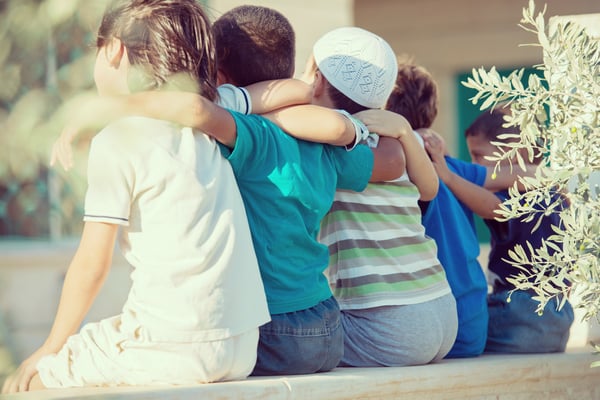
Nursery World Magazine - Early childhood policy in England needs a radical re-think, says Peter Moss
In his new book, Peter Moss argues why England must move away from its current early years model of provision based on the ‘marketisation and privatisation of childhood’
Read More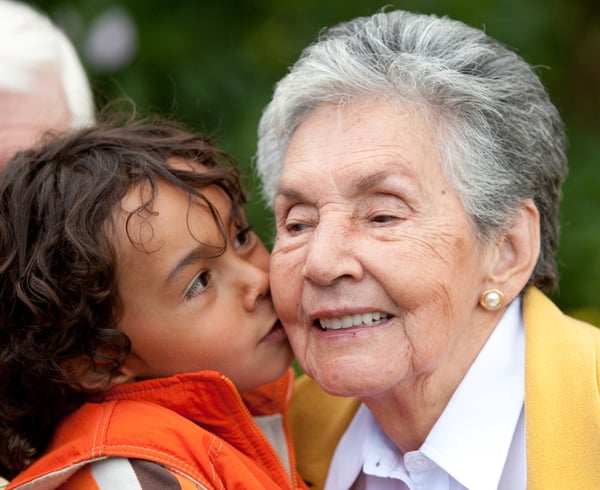
The Independent - Sweden launches groundbreaking new childcare law
Sweden has launched a groundbreaking new law that allows grandparents to step in and get paid parental leave. The law, launched on Monday, means grandparents will get paid while taking care of their grandchildren for up to three months of a child’s first year.
Read More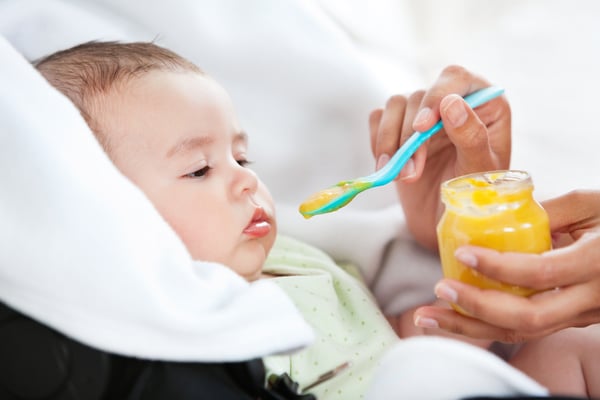
The Daily Mail - Spoon feeding infants may be bad for their growth, study finds - as letting babies hand feed themselves could be better for their development
Most parents will remember the hours spent spooning pureed food into their child's mouth. But allowing infants to hand-feed themselves may be better for their growth, according to a study. New findings suggest that baby-led weaning - a popular way of introducing solid foods to infants - provides ample calories for growth and development.
Read More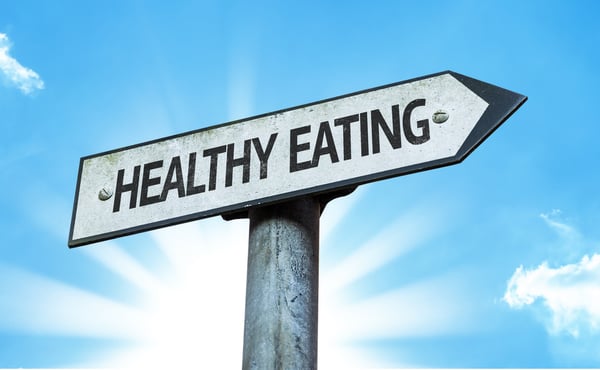
The Guardian - Healthy childhood diet can ‘keep mind sharp into 70s’ and ward off dementia
A healthy diet earlier in life could help keep you mentally sharp into your 70s, and even ward off dementia, according to research that followed thousands of Britons for seven decades. While most studies on diet and cognitive ability have focused on people already in or reaching old age, the new review was the first to track people throughout their life – from the age of four to 70 – and suggests the links may start much earlier than previously recognised.
Read More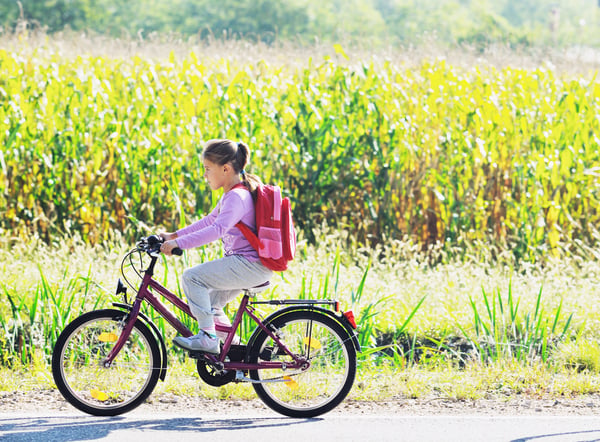
The Guardian - On These Magic Shores: exploring spaces for children’s play – in pictures
The photographer Tamsyn Warde explores spaces in which children play in Hampshire, UK, examining how and where they play and where play belongs in their lives. Spontaneous play is child-led and sparked by their own imaginations and interests – and this kind of play evolves naturally when children have the opportunity, requiring time that is not dictated by an adult timetable, and freedom of an appropriate space close to home.
View
Open Access Government - Is your child ready for school? Montessori-based tips on school readiness
Is your child ready for school? This article explores the gap between parent and teacher perceptions of school readiness, offering Montessori-based tips to prepare your child for a smooth transition
Read More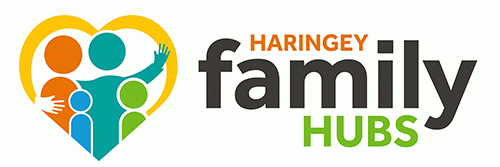
Children & Young People Now - Inside a family hub
Haringey’s first family hub has been open for just over a year. Nicole Weinstein visited the setting to find out how it works and the difference it makes to local children, young people and families.
Read More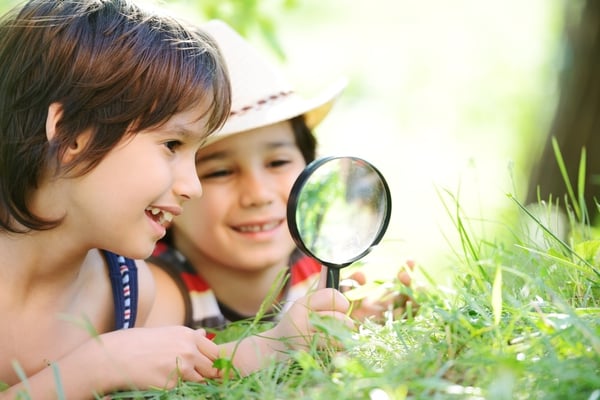
The Guardian - Families behind the two-child limit to benefits – photo essay
Photographer Dan Dennison has documented three families around the UK from Manchester, Wiltshire and London and their struggles due to the two-child limit to benefits
View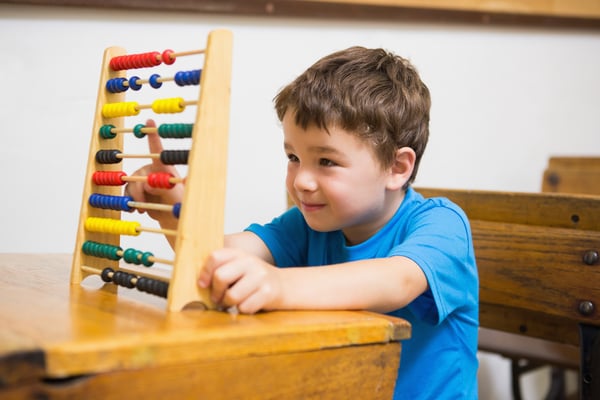
Economics Observatory - How could the early years budget be better targeted to reduce inequality?
High-quality early education boosts children’s development, family income and national productivity. But current public spending on it in the UK is not targeted towards the most disadvantaged families. Policies to reshape early years investment could help to reduce, rather than widen, inequalities.
Read More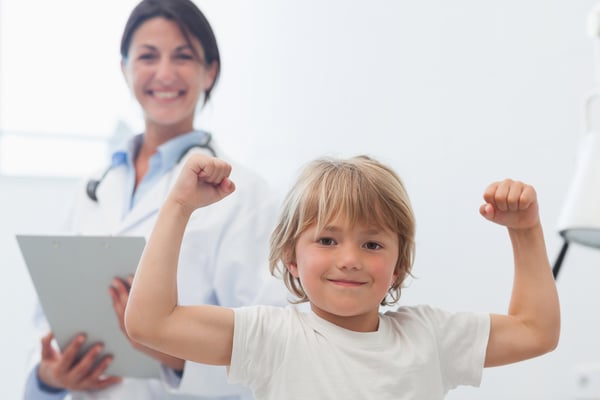
UCL, Faculty of Education and Society - UCL-led unit providing evidence to shape policy to improve child and family health
The Children and Families Policy Research Unit (CPRU) provides high-quality evidence to guide the government and public bodies in making informed decisions about issues that have consequences for the health and wellbeing of children and their families.
Read More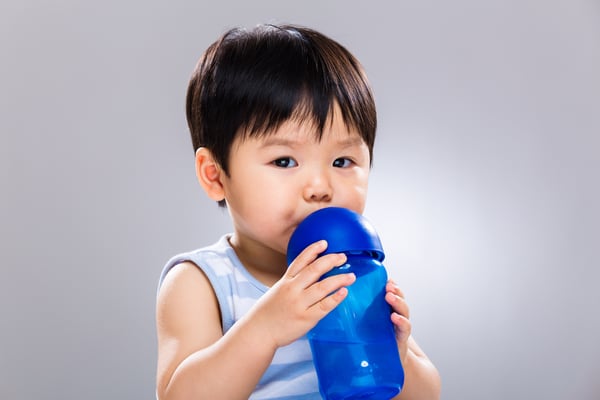
Harvard University, Centre on the Developing Child - A cascade of impacts: The many ways water affects child development
Water is essential for life. The brain, heart, kidneys, and lungs require continued hydration to function, and our bodies need water for digestion, nutrient absorption, blood distribution, and so much more. While water comprises around 60% of the adult body, 75% of infants’ bodies are water. Children also drink more water per pound of body weight than adults, with infants consuming the most, whether through formula prepared with water or through breast milk.
Download Report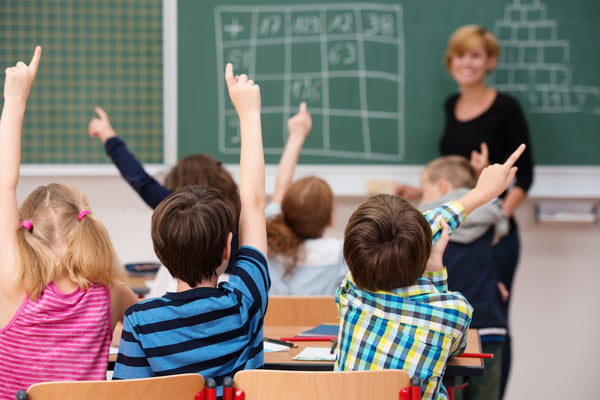
University of Leeds - Early childhood problems linked to school absenteeism
Children who are not considered “school ready” are more than twice as likely to become persistently absent at some point in their education, according to a new study led by the University of Leeds.
Read More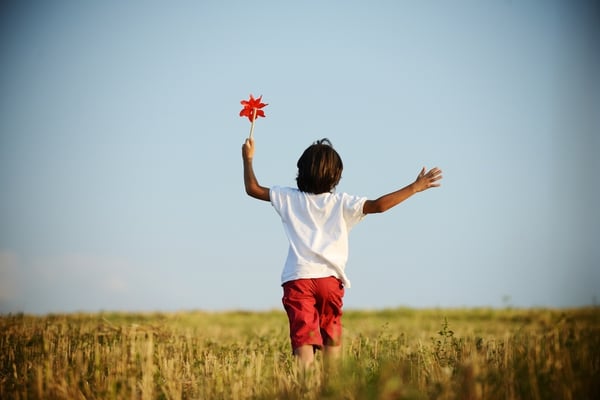
Unicef - The necessity of urban green space for children’s optimal development
Green spaces can significantly benefit children’s physical, mental and social development - from infancy into adulthood. This paper outlines the many benefits of green spaces on children's health and development, as well as actions to improve access to green spaces. Recommended interventions focus on empowering communities to claim and maintain their local green spaces, securing government support to improve and create green space in cities, and prioritizing schools and child care centres for greening.
Download Discussion Paper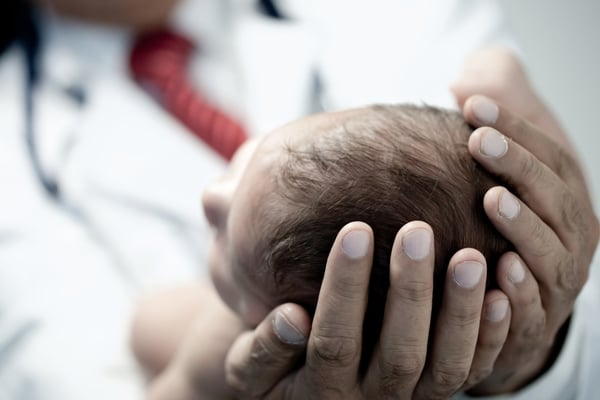
Online Conference: Unicef Baby Friendly 2024 annual conference
20-21 November (£65) - The Baby Friendly Annual Conference is aimed at health professionals and all those involved in the care of mothers and babies. The event is organised and promoted by the Baby Friendly Initiative and attracts more than 950 delegates, making it Europe’s largest conference on infant feeding. Baby Friendly’s Neonatal Conferences feature a series of internationally recognised speakers and bring together delegates from the UK and the rest of the world in order to learn about the latest research and practice innovations in relation to the Baby Friendly Initiative standards for neonatal units.
Buy Tickets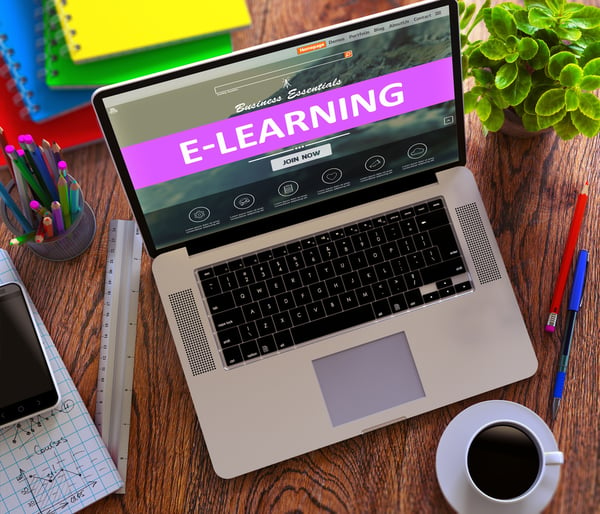
Online Training: EYSEND partnership training
Free to access. The training is suitable for Family Hub teams, family support workers, family engagement workers, parenting support teams, early help teams, play development workers, creche workers, adult and family learning teams, 0-19 health teams, social care, voluntary sector providers – if you provide support to families at your setting, this training is for you.
RegisterWe welcome any feedback about how we could improve the digest, so if you have any suggestions, let us know at: info@kindredsquared.org.uk
If you have submission ideas or content to share - please get in touch:
Sign up to the digest
Every fortnight we provide a summary of some of the work published in the EY sector. Sign up using the form below.